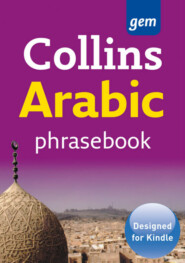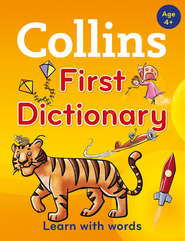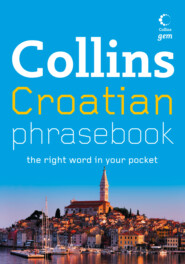По всем вопросам обращайтесь на: info@litportal.ru
(©) 2003-2025.
✖
Collins Primary Grammar, Punctuation and Spelling
Автор
Год написания книги
2019
Настройки чтения
Размер шрифта
Высота строк
Поля
You have a dog.
She has a rabbit.
We have a parrot.
They have no pets.
I had an apple.
You had an orange.
He had a pear.
We had some grapes.
They had strawberries.
Mary is having a baby.
We have had no sleep for two days.
Do
I do not like her.
You do not like him.
She does not like me.
We do not like them.
They do not like us.
I did like him.
You did like her.
She did like you.
We did like them.
They did like him.
The boys are doing their homework in their rooms.
I have done what you told me.
Modal verbs
The modal verbs are can, could, may, might, must, shall, should, will, would and ought. They are used with other verbs to add certain meanings like possibility, doubt or having to do something. Unlike all other verbs, they do not change their spellings:
I can ride a bike.
Olivia can speak Italian.
My friends can all come to my party.
I could be late so don’t wait for me.
You may be right.
I might go to the library after school.
You must listen to the teacher.
Shall we take the dog for a walk?
You should clean your teeth at least twice a day.
Will you hang your jacket up?
I would love a cup of tea.
We ought to leave now.
Phrases (#ulink_52f4a34c-f566-5912-98fd-85cd71b1869f)
A phrase is a group of words which go together.
a busy street
the family pet
very good at tennis
Although a phrase makes sense, it is not a full sentence and needs more words to make it complete.
We live on a busy street.
The family pet is a tortoise called Bob.
My sister is very good at tennis.
Noun phrases
A noun phrase contains at least one noun.
a tall girl











